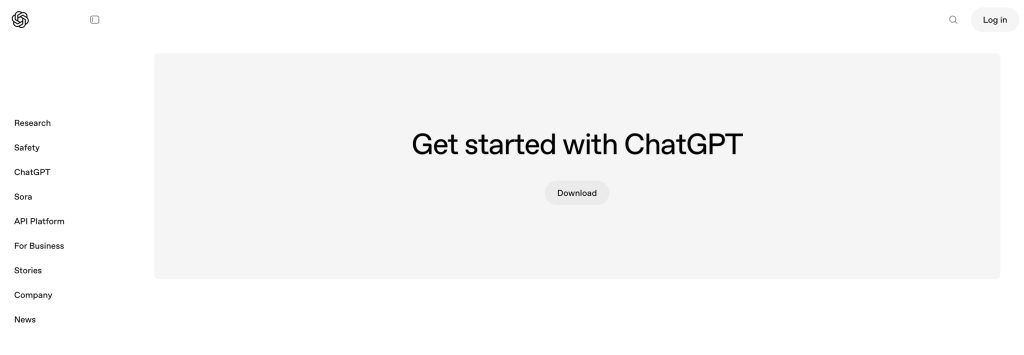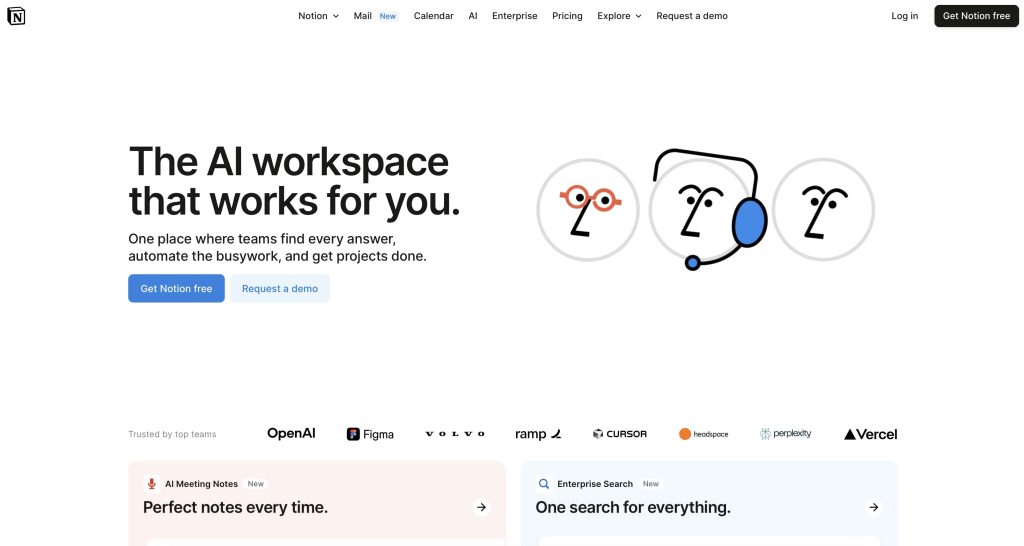When I started this blog, I did some digging on Reddit and other forums on why some of them are giving up on niche blogging, and why there’s such a discrepancy between the winners and losers.
I have to admit that I started my first blog around 2010, but I sold it after my focus shifted to SaaS and other hyper-growth industries.
Back then, even when the competition wasn’t as prevalent as it is now, the first four years were the most challenging.
It took me well over a year to make my first hundred dollars.
I considered it a win because blogging was additional income.
During that time, I connected with seasoned bloggers and content creators who foresaw the future and were relentless in their early-stage blogging careers.
Grateful for their advice and input, I wanted to cross-reference what’s been happening now and then, and honestly, barely anything has changed.
Beginners Don’t Consider Blogging As A Business
If you want to progress and make money from writing, or even get “rich” with blogging, then you need to treat it as a business from day one.
Most of them don’t see it that way, and that’s why they fail.
There’s no difference between a low-cost bootstrapped startup, a venture-backed business or a simple blog.
Back then, I wish I had treated it more seriously, and perhaps I could have made more money (or faster) doing it.
When I started this blog, I knew that I should treat it as a business, and it’s likely not going to yield a lot of return for the next 2-3 years.
Even with smart SEO tactics like the Keyword Golden Ratio or the Avalanche SEO strategy.
But I am okay with that. Just remember when you start a blog:
- Have clear goals
- Draft a tiny “business plan” on paper
- Define your audience
- Map out a budget, and include future expenses
- Do a lot of market research in advance
- Work with milestones
Beginners Lack Discipline & Consistency
There’s often a honeymoon phase that new niche bloggers go through, but they can’t keep up the pace or overestimate themselves.
To monetize a blog, you need a strong will and a clear mindset. Consistency is key, so show up every day, spread your tasks, and put in a lot of dedication into writing, editing, and research.
Blogging isn’t an exciting venture. Successful blogs are built on routine.
You need to have a healthy obsession and be able to ride out that routine for months, if not years.
Lack Of SEO Strategy
Even though I advised in previous blog posts that you should just write, there’s a point where SEO and more careful planning come into play.
I started this blog a month ago, so my content is partially researched, balanced with “lesser optimized content”.
At the moment, my primary focus is on gathering and refining keyword ideas with SEO in mind, and one of the goals is to publish 15-25 blog posts first.
I have no desire (yet) to target high-volume keywords, and I prefer to build my content around low and zero-volume keywords until I see some data showing up in Google Search Console.
Read also: Avalanche SEO: How To Rank New Blogs Without Backlinks
When you’re starting your blog, consider your SEO strategy as soon as you’ve published a few posts. It can significantly increase your chances of success.
Read also: How To Increase Traffic To Your Blog?
Overusing AI Writing Tools
When OpenAI and ChatGPT entered the scene, the use of AI writing increased.

Thousands of bloggers thought it was a good idea to let AI do the writing for them, copy and paste the content in a blog post, and think it was a great idea to make money doing it.
Their victory was short-lived after the Google Content Update, and they got punished for it.
AI writing tools are supposed to be an aid and accelerate your writing, but not to do the writing for you.
- Use them for research
- Use them to rewrite your sentences
People should write for people, and not for search engines. Be very deliberate about how you plan to use AI in your blogging journey.
Lack Of Organization
One of the biggest mistakes I noticed was that new bloggers overengineer their toolkit and productivity stack.
I use:
- Notion to write my blog drafts
- Notion to organize and keep track of my keywords + content
- Dropbox Paper to do the final edits + have a copy of my content
- Dropbox to store my images

Keeping a lean stack helped me organize faster and better.
Strong organizational skills will help you keep track of your progress, conduct keyword research, and plan your social media activities.
Without it, things can get lost, and you might not progress as fast.
Final Word
Everyone can make money in blogging and be successful.
Your content doesn’t need to be Harvard-grade material, and it shouldn’t always follow those “SEO optimized” guidelines.
New bloggers give up rather fast, and most blogs are abandoned within the first eighteen months.
By creating good, strict habits and remaining consistent within your limits, you’ll end up monetizing your blog faster than you think.
Just remember that not every niche is the same, and if you’re writing in a highly competitive niche, it might take 3 years before seeing 4-5 figures.
If you’re ready to start blogging, I suggest you read my Beginner’s Guide with clear steps on how to start a niche blog.

